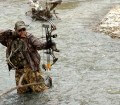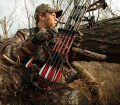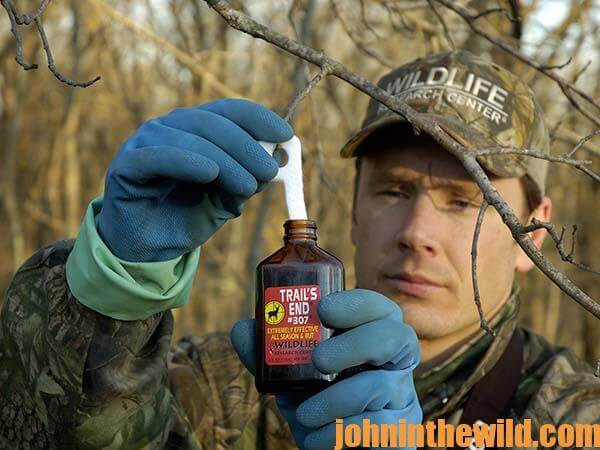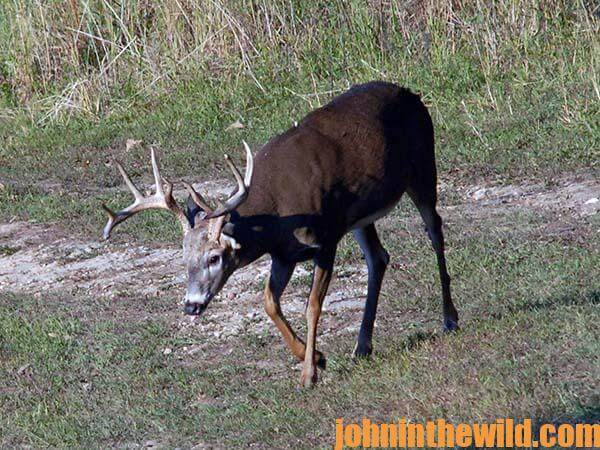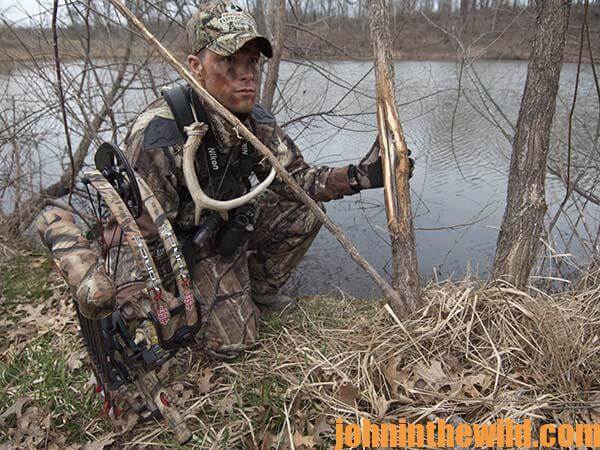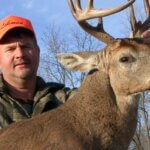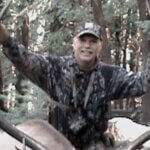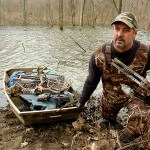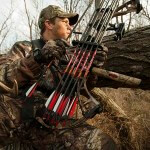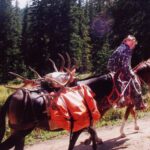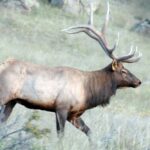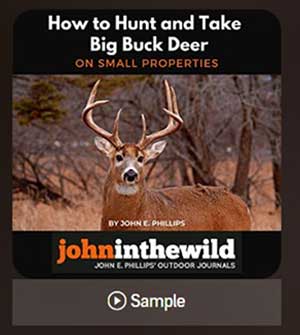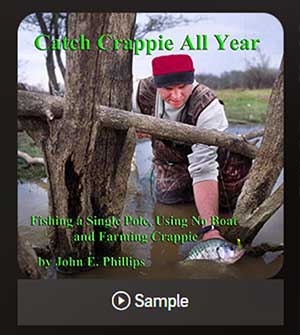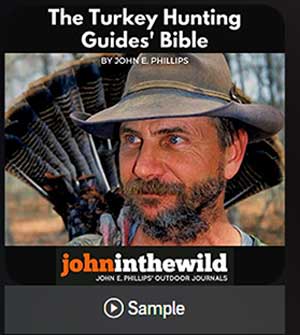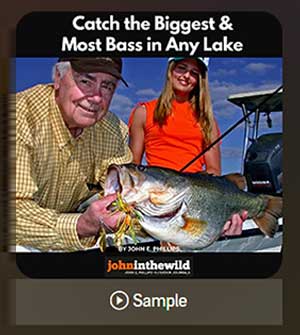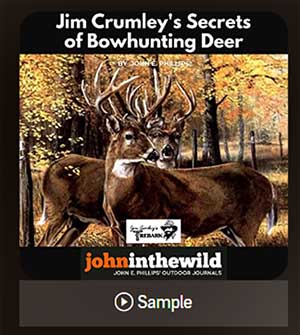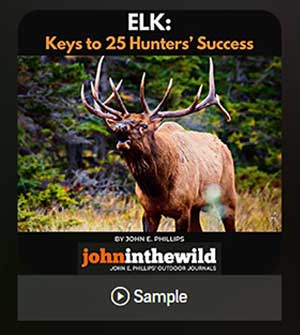John’s Note: With bow deer season getting ready to start in some states, remember that no matter how good a bowhunter you already are, this fun quiz can make you even better.
7) The most-effective place to concentrate deer in a small area where the bowhunter can get a shot is:
(a) a natural funnel;
(b) a feeding place;
(c) a bedding region; or,
(d) a trail on the way to a feeding or bedding region.
Answer: The correct answer is (a) a natural funnel. Most deer in an area will concentrate through a natural funnel, which is any place where two types of habitat squeeze into a woodlot creating a small opening. Although all the other places mentioned also are good spots to find deer, the most deer should concentrate through these natural funnels. A typical example of a natural funnel is the most-narrow point where a creek on one side is adjacent to a field with a woodlot on either end of the neck.
8) When hunting over scrapes, the sportsman should place his tree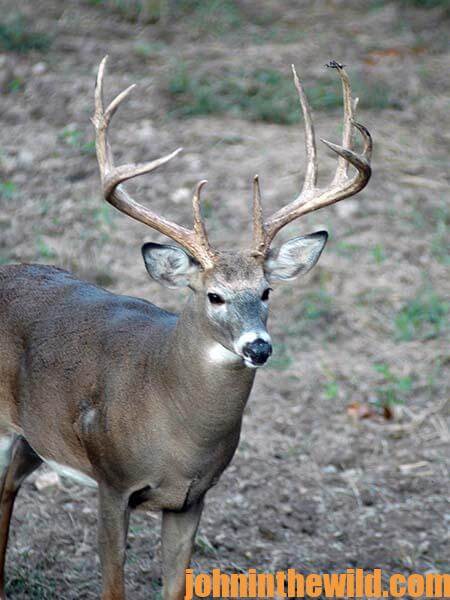 stand:
stand:
(a) 20-30 yards from the scrape on the trail leading to the scrape;
(b) directly over the scrape; or
(c) 30-50 yards below the scrape.
Answer: The correct answer is (c) 30-50 yards below the scrape. Generally a buck will come in to a scrape downwind. So, if the hunter takes a stand 30-50 yards below the scrape on the downwind side, the deer usually will show up within 10-20 yards of where the hunter is waiting. Often a buck will test the air to see if there’s a doe waiting close to the scrape, before he goes in to check it. Therefore, if the hunter is on the upwind side of the scrape, and the buck comes in on the downwind side, the animal will smell the hunter and not come in to work the scrape.
9) In selecting a bow for deer hunting, the archer should choose the heaviest bow he can pull. True or False?
Answer: False. Many bowhunters are over-bowed. In other words, they try to pull bows that are too heavy for them to hold for an extended time. Often an archer may be required to hold his bow at full draw for a minute or two to wait for a whitetail to step into a clearing, so that he can take a shot. If the bow is so heavy that the archer’s muscles begin to quiver after only 30-40 seconds of holding the bow at full draw, then the chances of his missing the deer are greatly increased. An archer should pull a bow he feels comfortable with and one he can draw easily and quickly and hold for several minutes if need be. That’s why many archers choose 55-pound compound bows for hunting.
10) Once the arrow strikes a deer, a hunter’s ability to read the deer’s reaction to the shot generally will tell him whether he has a hit or a miss, if he doesn’t see the arrow actually strike the animal. Which of the following signs indicate that a deer is hit?
(a) if the deer throws his tail up, drops his head and runs;
(b) if the deer drops his tail and begins to run off?
Answer: The correct answer is (b) if the deer drops his tail and begins to run off. Most of the time if a deer tucks his tail, the arrow has hit the target, and the deer is wounded.
To get John E. Phillips Kindle books, “How to Hunt Deer Up Close: With Bows, Rifles, Muzzleloaders and Crossbows,” “Bowhunting Deer: The Secrets of the PSE Pros” or “Jim Crumley’s Secrets of Bowhunting Deer,” click here.
About the Author
John Phillips, winner of the 2012 Homer Circle Fishing Award for outstanding fishing writer by the American Sportfishing Association (AMA) and the Professional Outdoor Media Association (POMA), the 2008 Crossbow Communicator of the year and the 2007 Legendary Communicator chosen for induction into the National Fresh Water Hall of Fame, is a freelance writer (over 6,000 magazine articles for about 100 magazines and several thousand newspaper columns published), magazine editor, photographer for print media as well as industry catalogues (over 25,000 photos published), lecturer, outdoor consultant, marketing consultant, book author and daily internet content provider with an overview of the outdoors.

